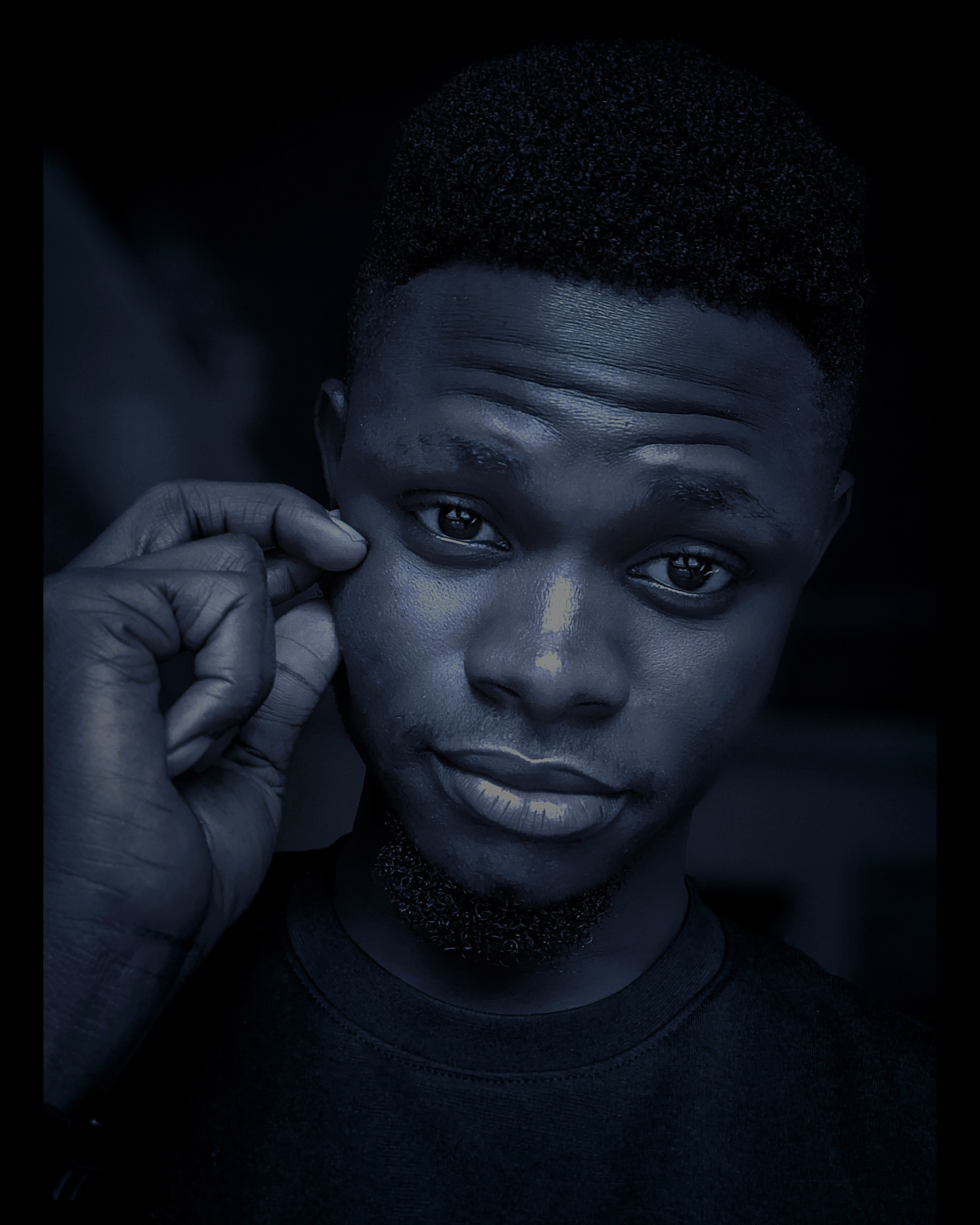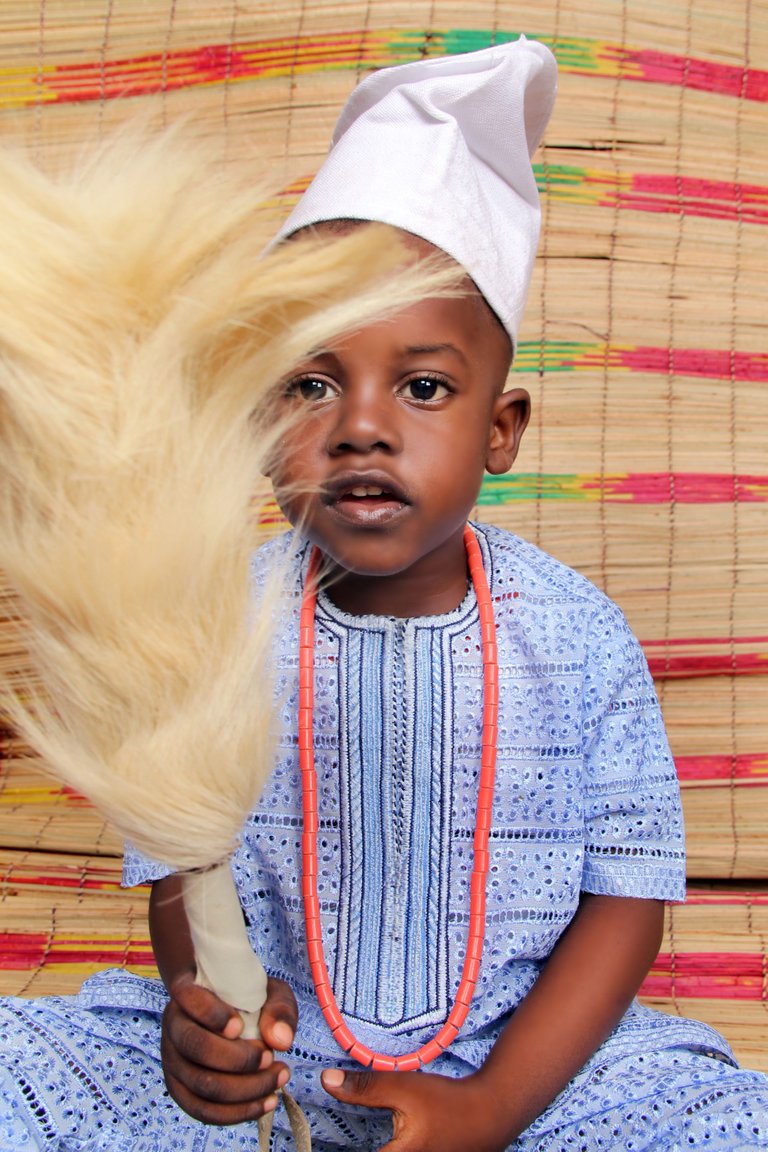In Poetry Writing, language is a prime tool employed by writers in communicating their feelings, emotions, ideas and experiences to the world; and sometimes this employment of language, may be in a complex or simple form. The word Poetry today, has taken different shapes and passed through various forms and phases. It has diverse of definitions given by different scholars, writers or poets that lived in the past, such scholars like William Wordsworth, William Shakespeare, T.S Eliot, Percy Bysshe Shelley, Edgar Allan Poe, Emily Dickinson, Dylan Thomas and so on. But in a critical sense, poetry is one of the genres of literature which its language is in poetic form.
Let me start by giving my own definition of Poetic License. Poetic license is the right or liberty given to poets to write creatively in whichever way he or she pleases — this deals with syntactic irregularity and departs from common diction, tonal requirement, pronunciation and metrical structure. It is deviation from traditional style of writing; it gives the Poets the liberty to write creatively in any mode without restrictions while the use of poetic language is still in use for communication. That is, if a Poet writes under the influence of inspiration and still overlook the potentiality of Poetic Ingredients, it would be like ‘soup’ made without condiments.
Poetic License is also an act of deviating from norms and conventional rules of language (especially in Poetic Writing) in order to achieve a certain aesthetic effect and artistic value for the purpose of communication; and it's not an act of bastardising the old literary traditions and norms — this is what is calledPoetic License.’
However, getting acquaintanceship with ‘Poetic Ingredients’ is the work of a writer — it's of no doubt. But several times, a mere reader may not see the embodied aesthetic valuesand the underlining figures in which a writer (Poet) employed in cooking and fleshing up your Literary Work; that is why it is also essential for any literature student or reader to pay a close look into every poem given. The work of a poet is to write creatively through the instrumentality of language. Likewise, it is the work of a reader to peruse, digest and find valuable treasures in any _Literary Work by a Poet_
In the past I've been challenged by some people who claimed to know Literature, yet they haven't got acquainted with Poetic Licence. They'd come close to my work saying this is not the appropriate use of word in name of rule of language — syntax, lexicology (lexicosemantics) and so on. The truth is, Readers and Poets getting that acquaintanceship with Poetic License is very necessary.
In this exposition, I'll be narrowing my point to the use of poetic exhibition and license by Poets in Poems that unfolds creativity through the act of Poetic License — instrumentality of two languages.the Use of Language Using @josediccus' Poem as a Case Study. Let's take a brief look into one of @josediccus'
Infant Lapsing In The East.
Singing in silence, a buzzing glee
half naked thoughts
striding on virgin
Little children, "let us"
said the bearded one, "awake"
for night has sired the morning.
and the palakuku drowns the ears
with her morning chittering
so, the sun's journey begins.
a bare barn is an empty stomach
and a lazy cutlass is an unploughed land
cling! clang!
and the hoe's echoes
shall be heard in the river's ripples
And so, the soft meadow
of the cocoyam shelter
gives way to the afternoon blistering!
and we shall perspire with laughter,
for the earth feeds so lackluster
and smile shall we when the kpapando
beckons the evenings
Umu okorobia "let's us,"
said the bearded one
find you a wife with the curvest of smiles,
for your arms and neck
has adorned scarlet beads
and your roof has seen iron rains
For Okpu ndi nze prettifies
your wisdomed heads
and young cubs basks in your scrotum
and feminine bosom.
the earth bears testament to your blossoms
for Chukwu bi na enigwe bless you
like a palm tree protruding
with reddening fruits.
"Ndi agadi nwoke" said the bearded ones
let us savour our evening
sitting outside the crowded huts
enjoying the deafening noise
of crying and laughing children
as youth fades into nought.
we once dreamt dreams of a hundred barn
but a thousand barn parades a prosperous life
“Infant Lapsing in the East” is an African Poetry. There are employment of extensive metaphors and figuratively use of language. This poem is written in a free verse, and there is illuminations of enjambment. This effect is often used to create a continuation of ideas across lines of poetry; it also helps in creating a relationship between various ideas in a given poem. This is one of the vivid illustrations of Poetic License in Literature. Aside from the aforementioned Poetic License, there is something so different from all his Poems I have read so far, which are employed in this Poetry, this is the combination of two languages which he use to communicate his thoughts and feelings to the reader. There's a bit shift from English Language to his Mother Tongue and back to English Language. This is visible in stanza 2 to the last stanza of his poem “Infant Lapsing in the East”.
The words:
“palakuku”
This is visible in stanza 2 (line 4) — which means ‘Dove’
“kpapando”
This is visible in stanza 3 (line 9) — which means ‘Star’
“Umu okorobia” in the first line of stanza 4 — which means
“Okpu ndi nze ”
These words appeared in the first line of stanza 5 — which means a red cap usually worn by Ibo Chiefs
“Chukwu bi na enigwe”
These words appeared in stanza 5 — which means ‘God in Heaven’
“Ndi agadi nwoke" which means an ‘an old man'
“Ndi agadi nwoke”
It's a term used to refers to an elderly Man
Each word has its semantic meaning. They are words written in Ibo language which is the poet's Mother Tongue. Invitation of another language aside from English made this poem exquisitely unique.
In conclusion, not everyone understands the meaning of the words used by the Poet. Nevertheless, this is approvable in Poetic Writing; and it is one the poet's right exhibition in Literature. Since Poets have the Poetic Licenseto write creatively, using combinations of different languages to drive home their points and ideas, it is expected that their choice of words be figuratively used to communicate to the world.
Written and Edited by @martinstomisin (11/08/2021)
Interested in some more of my works?
One Of The Best Catfish Pepper Soup Outdoors, Prepared And Served In A Clay Pot
Music — A Natural Therapy For Upliftment Of Mood And Alleviation Of Stress
Happiness — An Effigy of Wellness
A Brief Touch into the Life's Voyage Piggybacking Disparagements, Dispiritedness and Exquisite Grandeur of Experiences
An Overview of a Song “The Sound of Silence” covered by Disturbed
Some Reasons Why Most People Shy Away from Poetry which Led to the Fall of Demand [for Poetry] in the Market
The Flawlessness of your Body(Poetry)


@tipu curate
Upvoted 👌 (Mana: 68/88) Liquid rewards.